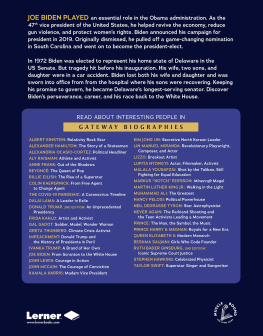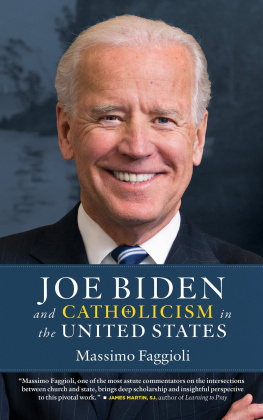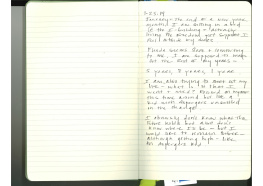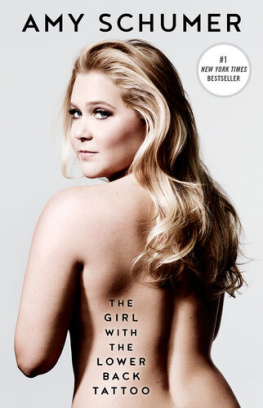Evan Osnos - Joe Biden: The Life, the Run, and What Matters Now
Here you can read online Evan Osnos - Joe Biden: The Life, the Run, and What Matters Now full text of the book (entire story) in english for free. Download pdf and epub, get meaning, cover and reviews about this ebook. year: 2020, publisher: Scribner, genre: Detective and thriller. Description of the work, (preface) as well as reviews are available. Best literature library LitArk.com created for fans of good reading and offers a wide selection of genres:
Romance novel
Science fiction
Adventure
Detective
Science
History
Home and family
Prose
Art
Politics
Computer
Non-fiction
Religion
Business
Children
Humor
Choose a favorite category and find really read worthwhile books. Enjoy immersion in the world of imagination, feel the emotions of the characters or learn something new for yourself, make an fascinating discovery.

- Book:Joe Biden: The Life, the Run, and What Matters Now
- Author:
- Publisher:Scribner
- Genre:
- Year:2020
- Rating:3 / 5
- Favourites:Add to favourites
- Your mark:
- 60
- 1
- 2
- 3
- 4
- 5
Joe Biden: The Life, the Run, and What Matters Now: summary, description and annotation
We offer to read an annotation, description, summary or preface (depends on what the author of the book "Joe Biden: The Life, the Run, and What Matters Now" wrote himself). If you haven't found the necessary information about the book — write in the comments, we will try to find it.
Evan Osnos: author's other books
Who wrote Joe Biden: The Life, the Run, and What Matters Now? Find out the surname, the name of the author of the book and a list of all author's works by series.
Joe Biden: The Life, the Run, and What Matters Now — read online for free the complete book (whole text) full work
Below is the text of the book, divided by pages. System saving the place of the last page read, allows you to conveniently read the book "Joe Biden: The Life, the Run, and What Matters Now" online for free, without having to search again every time where you left off. Put a bookmark, and you can go to the page where you finished reading at any time.
Font size:
Interval:
Bookmark:
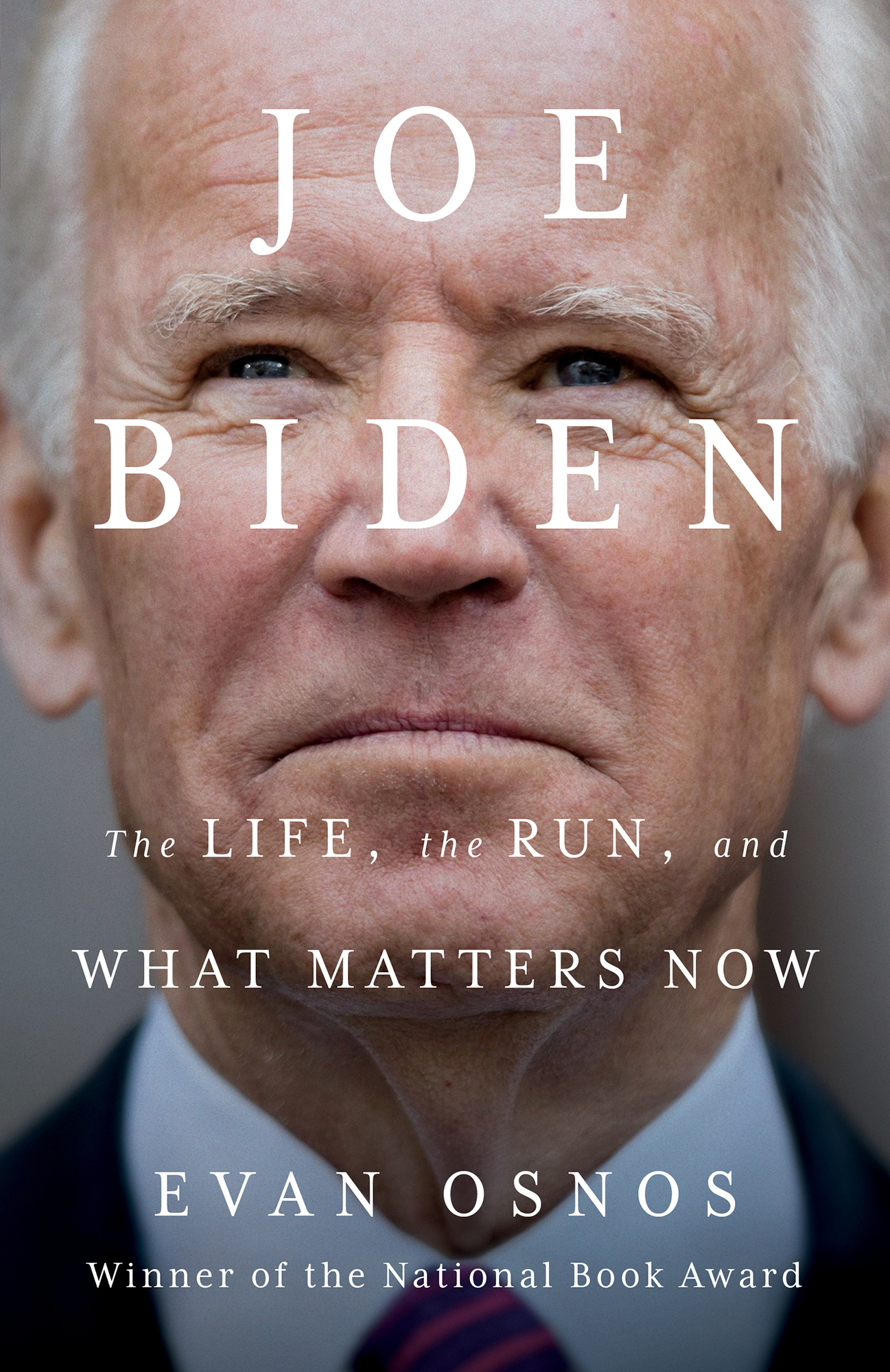

For my mother, Susan, who taught me to read; and, for my father, Peter, who taught me to write.
People pay for what they do, and, still more, for what they have allowed themselves to become. And they pay for it very simply: by the lives they lead.
James Baldwin, No Name in the Street
But I am bound upon a wheel of fire, That mine own tears do scald like molten lead.
Shakespeare, King Lear
February 12, 1988
A forty-five-year-old manwhite male, father of threeawoke on the floor of his hotel room. He had been unconscious for five hours. He could barely move his legs. He did not know how he got there. He remembered only a flash of agony; he had given a speech in Rochester, New York, and returned to his room, where he felt a sensation akin to a cleaver parting his skull. For months, he had ignored a strange ache in his head and neck, burying it in Tylenol, blaming it on the ludicrous rigor of running for president while heading the Judiciary Committee of the United States Senate. The campaign had ended in embarrassmenta product of his own arrogance, he admitted to himselfbut the headaches had continued.
The man heaved himself onto the bed. From there, his assistant got him to a plane to Delaware, where doctors identified a cranial aneurysm, the ballooning of an artery that fed the brain. His prospects for survival were so grim that a priest was summoned to deliver last rites, even before the mans wife could be there. In the hours that followed, he was rushed through the slanting snow of a storm to Washington, D.C., where a surgeon warned that the operation might rob him of the ability to speak. I kind of wish that had happened last summer, the man replied.
For three months, through more surgery, more complications, he was supine, confined to a hospital bed. Oddly enough, his failure in the presidential campaign had probably saved his life. Had he stayed on the road, crisscrossing New Hampshire and ignoring his symptoms, he might not be there at all. In the depth of his ordeal, a doctor turned to him and said he was a lucky man. Seven months passed before the man could get back up and return to work. He told the first crowd he saw that he had been given a second chance in life.
More than thirty years after Joe Biden nearly died on his back, the moment is often lost amid the official milestones of his political biography. But that instant contains the defining pattern of his lifea journey of improbable turns, some spectacularly fortunate and others almost inconceivably cruel. Bidens ambition to reach the highest rungs of American power has driven his rise for more than five decades. When he was barely out of his teens, the mother of a girlfriend (later, his first wife, Neilia Hunter) asked about his professional goals. President, Biden said, and added, of the United States.
His political career placed him at pivotal moments of modern American history, including some of the nations defining conflicts around race, gender, crime, health, capitalism, and warfare. He made mistakes, explained himself, and paid a price. Time and again, he defied predictions that he was finishedonly to find himself, to his astonishment, beside Barack Obama, in a historic run for the White House. In his speech at the 2008 Democratic National Convention, he said, Failure at some point in your life is inevitable, but giving up is unforgivable.
In the vice presidencythe most maligned job in WashingtonBiden often projected the look of a man who couldnt quite believe his good fortune. The trials of his life had relieved him of some solemn self-regard. A British minister once asked him, in a private meeting, for the protocol in addressing one another. Biden gave a theatrical glance to either side, and said, It looks like were alone, so why dont you call me Mr. President and Ill call you Mr. Prime Minister.
By 2020, he was a political veteran marked by so many years and battles that his opponents, and even some of his admirers, questioned the wisdom of yet one more race. And, then, he foiled the predictions once more, emerging as the Democratic nominee for president in a showdown of such grave implication for Americas future that it made a mockery of the usual clichs about the most important election in our lifetime. He was in a one-on-one contest against Donald Trump for an office that was losing its stature as the leader of the free world.
The circumstances of a life in full and a country in peril conspired to put Joe Biden at the center of an American reckoning, prompting an urgent appetite, at home and abroad, to divine what had made him, how he thought, what he carried, and what he lacked. At the very moment that his country was lying spread-eagled before the eyes of the world, Biden had arrived at his season of history.
T he lush, well-to-do Wilmington suburbs, in the rolling woods of the Brandywine Valley, are popular with heirs to the chemical fortune of the du Pont family. Their estates and gardens are tucked away in what is known as Delawares Chateau Country. On a modest patch, by those standards, Joe Biden and his wife, Jill, live on four sloping acres that overlook a small lake.
On the ninety-ninth day before the election, I pulled into Bidens driveway. To avoid contagion, his advisers put me in a carriage house, a hundred yards from the home where the family lives. Welcome to my moms house, Biden called from the bottom of the stairs, an instant before his sweep of white hair rose into view. He reached the second floor of the cottage. He wore a trim blue dress shirt, sleeves rolled to the elbows, a pen tucked between the buttons, and a bright-white N95 mask.
Biden was three weeks away from becoming Americas Democratic nominee for president. The headline on the front page of The Washington Post that morning was Americas Standing in the World Is at a Low Ebb. The death toll from the coronavirus pandemic was approaching 150,000, three times as many lives as America lost in Vietnam; the economy had crumbled faster than at any other time in the nations history; in Portland, Oregon, federal agents in unmarked uniforms were tear-gassing protesters, whom Donald Trump called sick and deranged Anarchists & Agitators. On Twitter that day, Trump warned that the demonstrators would destroy our American cities, and worse, if Sleepy Joe Biden, the puppet of the Left, ever won. Markets would crash and cities would burn.
The man who stood between Americans and four more years of Trump looked pleased to have company. In the strange summer of 2020, the Biden place was as solemn and secluded as an abbey. The cottage, styled in Celtic themes (green shutters, a thistle pattern on the throw pillows), doubled as a command post for the Secret Service, and large men with holstered guns stalked in and out. Biden settled into an armchair across the room from me and splayed his hands, a socially distanced salute. The docs keep it really tight, he explained.
Later that afternoon, the Bidens were due on Capitol Hill, to pay their respects to the recently deceased John Lewis, of Georgia, a civil rights icon who endured a fractured skull at the hands of state troopers in Selma, Alabama, before rising to the House of Representatives and becoming known as the conscience of Congress. It would be a rare excursion. Since the Covid-19 shutdown began, in March, Biden had circulated mostly between his back porch, where he convened fund-raisers on Zoom, a gym upstairs, and the basement rec room, where he sat for TV interviews in front of a bookcase and a folded flag. The campaign apparatus had scattered into the homes of some twenty-three hundred employees.
Font size:
Interval:
Bookmark:
Similar books «Joe Biden: The Life, the Run, and What Matters Now»
Look at similar books to Joe Biden: The Life, the Run, and What Matters Now. We have selected literature similar in name and meaning in the hope of providing readers with more options to find new, interesting, not yet read works.
Discussion, reviews of the book Joe Biden: The Life, the Run, and What Matters Now and just readers' own opinions. Leave your comments, write what you think about the work, its meaning or the main characters. Specify what exactly you liked and what you didn't like, and why you think so.


